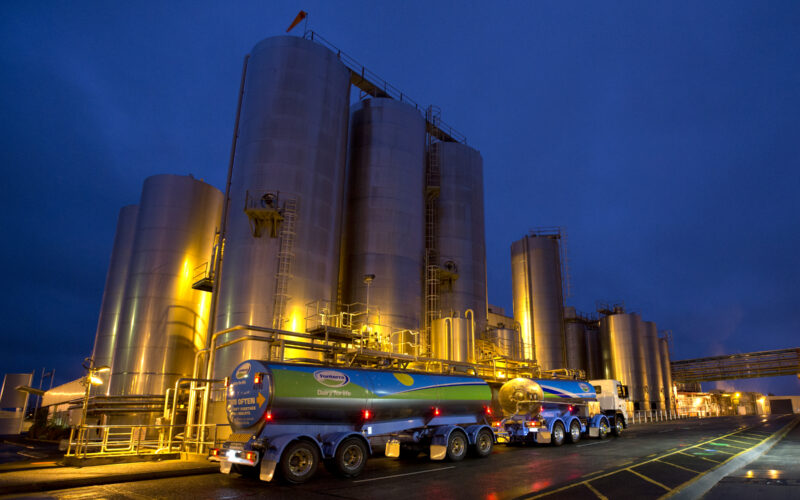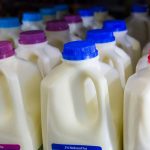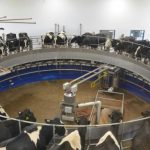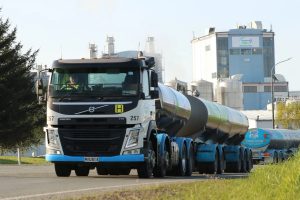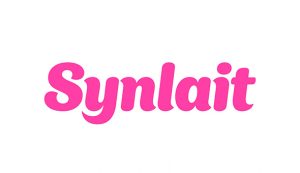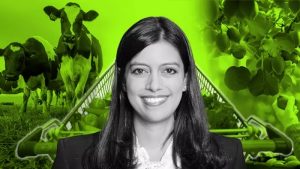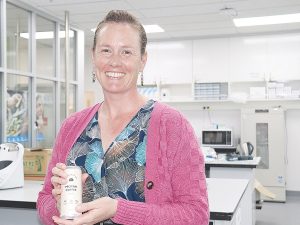
Major factory conversion will cut entire co-op’s emissions by 9%.
Fonterra has announced plans to convert two of its coal boilers to wood pellets at its Clandeboye site in South Canterbury in 2025.
The $64 million investment will cut the co-operative’s overall emissions by 9% with reductions totalling 155,000 tonnes of CO2e each year, the equivalent of removing more than 64,000 cars from New Zealand roads each year.
The project marks a significant milestone in Fonterra’s sustainability journey as it works towards a 50.4% reduction in absolute Scope 1 and 2 emissions by 2030, from a 2018 baseline, Fonterra chief operating officer Anna Palairet said.
“This conversion project at Clandeboye is another demonstration of our co-op’s commitment to sustainability and climate action and follows successful boiler conversions at our Te Awamutu, and Hautapu sites.
“In making our largest decarbonisation investment to date, we’re reducing our environmental impact – while securing operational resilience. This project represents a significant milestone in our journey towards a coal-free future.”
Clandeboye has been in operation since 1904, and as one of Fonterra’s largest manufacturing sites employs over 1000 people. It processes around 40% of Fonterra’s South Island milk.
Fonterra’s site operations manager for cheese and protein, Conrad Harle, said the investment will drive fuel diversity in the South Island by providing the demand signals to establish wood pellet supply chains in the region.
“The move to wood pellets for the Clandeboye site is a great thing for the South Island as it will play a role in diversifying the country’s renewable energy options while strengthening fuel optionality at the site.
“The team at Clandeboye are both proud and excited to play a role in the establishment of these regional supply chains that give added resilience and further options for future decarbonisation investments at our other sites, primarily Darfield, Studholme, Tākaka, and Edendale.”
The conversion is co-funded as part of a previously announced EECA (Energy Efficiency and Conservation Authority) partnership.
The partnership agreement includes the co-op achieving 1.2 million tonnes of CO2 cumulative reductions from its coal reduction activities this decade, enabling the co-op to lift its 2030 target from a 30% to a 50% absolute reduction by 2030.
The conversion of the two boilers is scheduled to be completed and operational by September 2025.
Plans to transition the site’s three remaining boilers onto renewable energy will continue as part of the co-operative’s wider decarbonisation plans.
The site has recently completed another decarbonisation project with the installation of a heat recovery system in its lactose plant back in February 2024.
This was the first project co-funded under EECA for the co-operative focusing on energy efficiency. The new system allows the recovery of high-grade heat from the lactose plant’s equipment, saving the site 2.5t of steam per hour and decreasing annual carbon emissions by around 3000t – the equivalent of removing around 1250 cars from New Zealand roads.
You can now read the most important #news on #eDairyNews #Whatsapp channels!!!
🇺🇸 eDairy News INGLÊS: https://whatsapp.com/channel/0029VaKsjzGDTkJyIN6hcP1K
